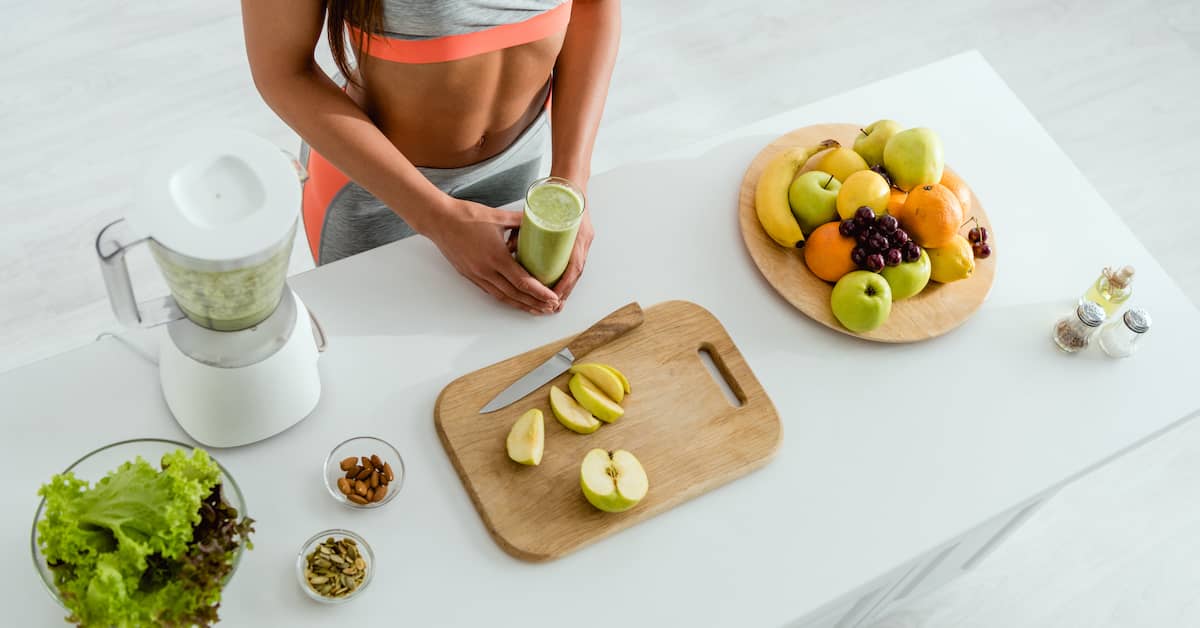
The latest research shows that the timing in which you eat these foods is also critical. In fact, gobble them down at the right time and you can supercharge their health benefits and lengthen your life. Let’s take a look at a major first-of-its-kind study.
An emerging field of nutritional research examines how meal times affect the body’s daily rhythms and what this means for our health.
It's called chrono-nutrition.
Research so far has shown that the timing of meals can affect a wide range of processes such as the sleep/wake cycle, core body temperature, hormone levels, gut microbiome activity, and our levels of alertness and mental performance.
Chrono-Nutrition and illness
Most studies have looked at chrono-nutrition’s influence on metabolism - how the body converts food into energy - and the role this plays in obesity and diabetes, but its effects appear to be more wide-ranging.While knowledge of chrono-nutrition’s important role in maintaining health is growing, what has not been studied is its role in the development of cardiovascular disease, cancer and mortality.
So, this was addressed by researchers at the Department of Nutrition and Food Hygiene, Harbin University, China, with results published in the Journal of the American Heart Association in June.
Chrono-Nutrition and Vegetables
The study involved 21,503 participants from the U.S. who were 30 years and older. Researchers asked each participant to recall what they ate over two separate days up to ten days apart.From the information these participants provided, researchers identified three dietary patterns within each main meal.
- Breakfast: Western, starchy or fruit-based.
- Lunch: Western, vegetable or fruit-based.
- Dinner: Western, vegetable or fruit-based.
- Snacks were divided into grains, starchy, fruit and dairy.
The starchy breakfast contained the most servings of white potato, other starchy vegetables, milk and eggs.
The fruit breakfast contained the most servings of fruits, whole grains, yogurt, and nuts.
The Western lunch group ate greater amounts of refined grains, solid fats, cheese, added sugars and cured meats.
The vegetable lunch contained more total vegetables, red and orange vegetables, tomatoes and dark vegetables.
The fruit lunch group consumed the most servings of whole grains, fruits, yogurt, and nuts. Dinner for each group was similar to lunch.
How Chrono-Nutrition Can Lengthen Your Life
During a follow up period of twelve years, 2,192 of the participants died. Cardiovascular disease and cancer accounted for more than half of these deaths at 676 and 476 deaths respectively.After adjusting the findings to take into account age, gender, ethnicity, education, income, smoking, drinking, exercise, body mass index, disease history and use of nutritional supplements, the main findings were as follows.
A fruit-based lunch and a vegetable-based dinner, and snacks consisting of fruit after breakfast but dairy after dinner, decreased the risk of cancer, cardiovascular disease and death from any cause.
Eating a Western lunch increased the risk of death from cardiovascular disease by 44 percent whereas eating a fruit-based lunch reduced it by 34 percent.
Eating a vegetable-based dinner lowered the risk of cardiovascular death by 23 percent and death from any cause by 31 percent.
The authors wrote: "...the most important finding of this study was that higher intake of vegetables at dinner was significantly associated with lower risks of cancer, cardiovascular disease and all-cause mortalities, whereas vegetables consumed at lunch did not have these beneficial effects.
Starchy Snacks are a Death Sentence
The most damaging finding was for those who enjoy starchy snacks, characterized by higher amounts of white potato and other starchy foods.For this group, eating a snack after any meal increased the risk of cardiovascular-related deaths by between 44 and 57 percent, and death from any cause by 50 to 52 percent.
How does chrono-nutrition work?
The researchers concluded that "The circadian pattern of metabolism and gut microbiota are likely the possible mechanisms underpinning the results of this study."
The researchers also think that snacks containing high levels of milk, yogurt and cheese, which lowered mortality after dinner but not lunch, is most likely because these foods can lead to a better quality of sleep.
Research links poor sleep to higher mortality.
How to Use Chrono-Nutrition
The take-away from this study, the authors wrote, is to eat fruit during the day, vegetables at dinner, and if you choose to eat a snack, make it fruit after breakfast and dairy after dinner.My personal reaction is that it’s a useful beginning but the conclusions are a bit too neat and tidy, are based on a sample that’s too small, and rely on the participants’ self-reports of what they ate. I wouldn’t make sweeping conclusions based on this one study.
